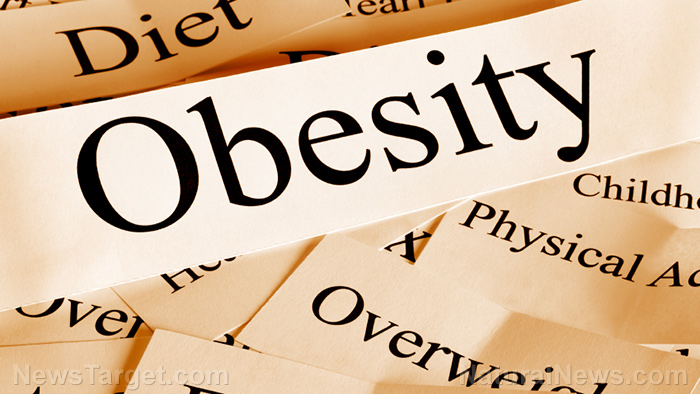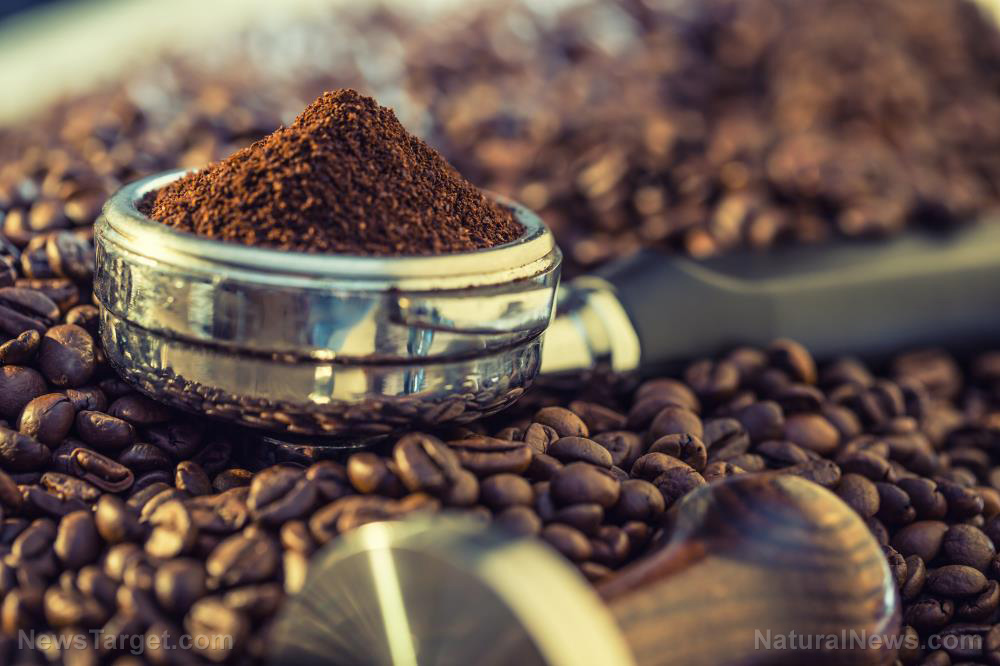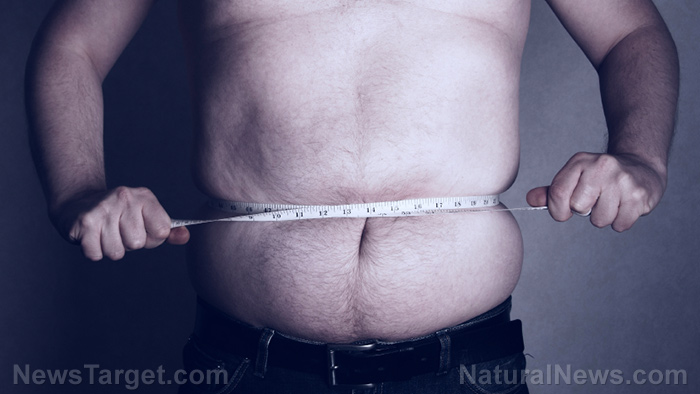More children have become obese during the COVID-19 lockdowns, says study
09/03/2021 / By Ralph Flores

The lockdowns meant to curb the Wuhan coronavirus (COVID-19) have brought about another pandemic in childhood obesity, says a new study. In their report, published in the Journal of the American Medical Association, scientists from the U.S. said that children gained significantly more weight than before the plandemic. Childhood obesity rates also spiked after lockdowns were implemented.
“This increased weight gain occurred in all youth between 5 and 17 years, but was particularly evident in children ages 5 to 11 — an excess weight gain of over 5 pounds,” explained Deborah Young, a behavioral researcher at Kaiser Permanente and a co-author of the report.
“During economic shutdowns like what we had in 2020, there needs to be continued opportunities for youth to be physically active and to enjoy healthful eating options.”
Lockdowns making obesity problem worse for children
Last March, former President Donald Trump ordered a nationwide lockdown to curb the spread of the coronavirus.
At the time, the former president added that everyone has a “critical role to play in stopping the spread,” saying that the lockdowns were initially for two weeks. But more than a year after the lockdown, many states in the U.S. are still in the middle of reopening their economies. This has caused a ripple effect not only on the U.S. economy but also on the lives of people — including children.
Young says that, during this time, parents should make sure their children have access to spaces that allow physical activities like sports and outdoor play. They should also maintain a healthy diet. (Related: Coronavirus lockdowns worsen childhood obesity, studies say.)
“During periods of pandemics in which online learning is required, teachers can enforce activity breaks and ensure that quality physical education occurs. They also can encourage snack breaks with fruits and vegetables,” she added.
For their study, the team collected data on nearly 200,000 children between the ages of five and 17, all of whom were measured before and after the pandemic. At baseline, a total of 39 percent of the participants were either overweight or obese. After the pandemic, the number of obese and overweight children rose by nearly half among five- to 11-year-olds.
“Overweight and obesity were pandemic before COVID, and unlike COVID, represent a perennial plague with no end in sight,” explained Dr. David Katz, an expert with the True Health Initiative who wasn’t part of the study.
In particular, he added that the lockdowns brought on by COVID-19 complicated obesity and overweight, which are both risk factors to chronic disease and premature death. In several parts of the world, obesity is listed as a risk factor for COVID-19 infections.
The current living conditions that many children face also mean a decline in their quality of life since the pandemic has distracted people from the importance of a healthy lifestyle.
“There has been evidence before now of weight gain trends among adults and deterioration of diet quality,” he said. “Many impediments to preferred means of exercising may have reduced physical activity levels as well.”
What’s even more concerning is that the trend is expected to rise the longer the lockdowns are implemented. According to Katz, this increase in obese and overweight children makes them not only susceptible to COVID-19 in the near term but also at risk for cardiovascular disease over time.
“The world is mired in more than one pandemic,” Katz added. “Attention to the one that was here all along — obesity, diabetes and cardiometabolic disease plaguing adults and kids alike — is more important during COVID-19, not less.”
Learn more about the harmful effects of COVID-19 lockdowns at Pandemic.news.
Sources include:
Tagged Under: cardiovascular disease, childhood obesity, coronavirus, overweight, pandemic
RECENT NEWS & ARTICLES
COPYRIGHT © 2017 FIGHTOBESITY.NEWS
All content posted on this site is protected under Free Speech. FightObesity.news is not responsible for content written by contributing authors. The information on this site is provided for educational and entertainment purposes only. It is not intended as a substitute for professional advice of any kind. FightObesity.news assumes no responsibility for the use or misuse of this material. All trademarks, registered trademarks and service marks mentioned on this site are the property of their respective owners.




















